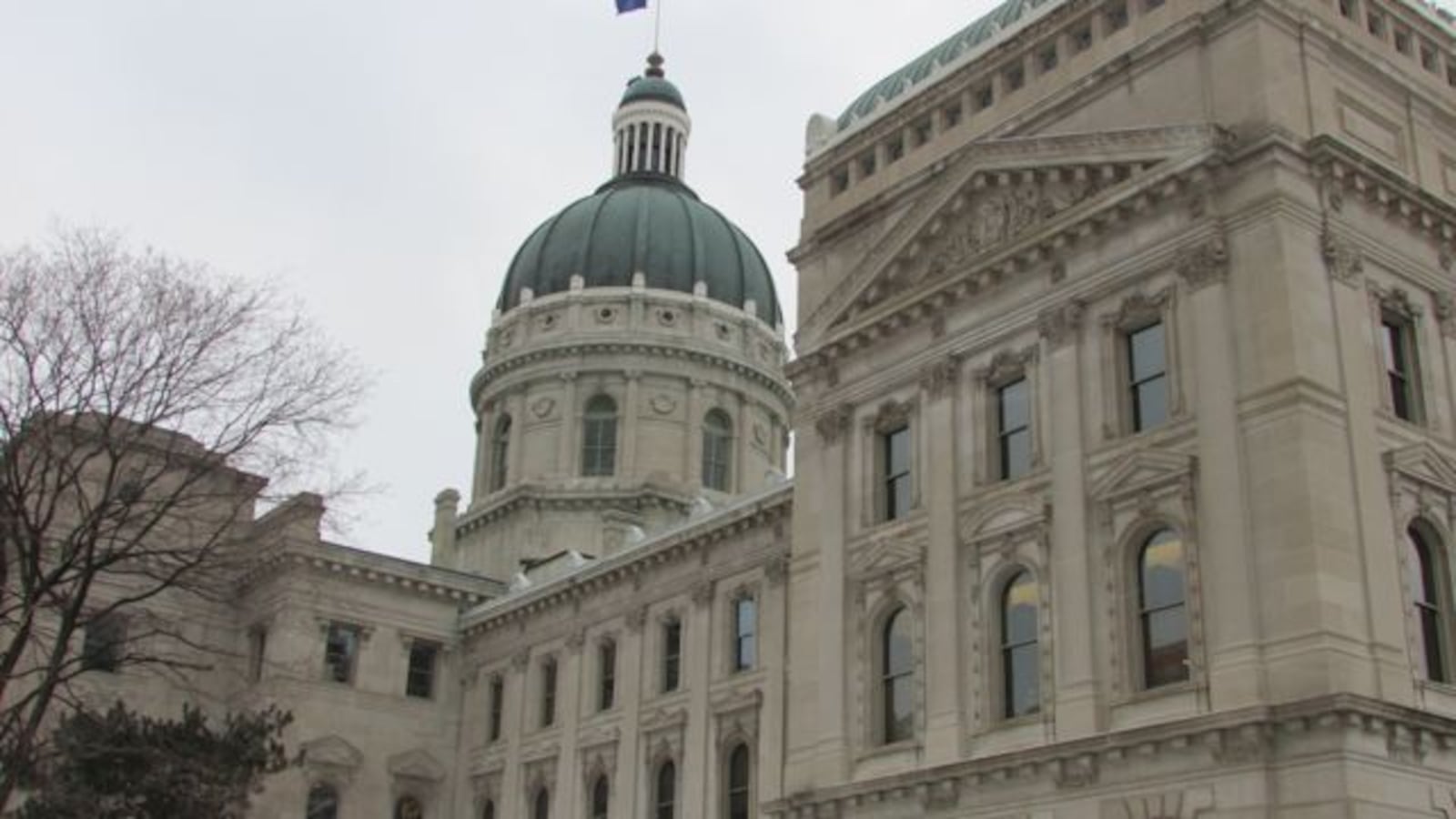Indiana’s state superintendent made it her goal for the next legislative session to lobby lawmakers for more oversight of charter schools — and any schools taking public money, for that matter.
The call for more regulations governing the fiscal and academic operations of charter schools is an ambitious part of Jennifer McCormick’s wide-ranging 2019 legislative agenda, which she unveiled Monday at a press conference.
“It does us no good to allow any type of choice to happen without some type of accountability,” said McCormick, a Republican who, unlike some of her colleagues, has not spoken favorably about expanding school choice programs unless they can demonstrate results. “It can’t be, open the doors and hope for the best — it’s got to be about quality.”
McCormick, who also announced Monday that she won’t be seeking re-election after her term ends in 2020, is not the only state official who is calling for more scrutiny for charter schools. The Indiana State Board of Education, of which McCormick is chairwoman, has a committee that is specifically looking into regulation of virtual charter schools, which a Chalkbeat investigation last year found were routinely failing to educate students and sometimes engaged in questionable business and spending practices.
With a second-term off the table, McCormick is nonetheless pushing to carry out the most aggressive education agenda her administration has ever proposed. Her agenda asks for a 3 percent increase in basic state aid to schools each year over the next two-year budget, as well as more money for English-learners, teacher mentoring programs, school safety, and preschool classes for students with special needs.
Read: Preschool funding for students with disabilities hasn’t changed in Indiana since 1991
McCormick said she would also back expanding the state’s preschool program, although that funding is not part of the education department’s budget — it falls under the the state’s Family and Social Services Administration.
Her agenda also includes plans to create a single school rating system, increase teacher license flexibility within the state and reciprocity between Indiana and other states, and restore the state’s emergency permits for speech language pathologists.
McCormick said she thinks schools that accept public money, such as private schools participating in the state’s voucher program, shouldn’t be able to exclude people — staff or students — based on sexual orientation, a nod to recent controversy over a private school counselor who has said she was fired when her school discovered she was married to a woman.
“The notion that you can’t send a child that takes taxpayer monies to a school because they identify as LGBT, I think that’s a little bit antiquated, and it should not be accepted in this state,” McCormick said.
While she did not explain all the specifics of her charter school plan, she said it could involve a step other states have taken to grade the groups that oversee charter schools, much like how the state grades schools and districts. She said such a system could help policymakers make decisions about when authorizers should have their eligibility to oversee schools revoked and could provide more information for communities and parents.
“We’ve had this conversation every session I’ve been in, but it doesn’t go very far,” McCormick said. “As a taxpayer, any time someone is taking taxpayer money, they should be accountable, just like our traditional public schools.”
It remains to be seen how easily McCormick can work with lawmakers to achieve these goals. Republicans so far have been hesitant to impose more restrictions on charter schools and private schools alike, and they have not worked as smoothly with McCormick over the years as was initially expected of a Republican superintendent and a majority-Republican legislature. Today, in fact, McCormick acknowledged those very struggles have been roadblocks during the first half of her term.
This year’s plans are far bolder than either of McCormick’s previous legislative plans, which stuck more closely to what Gov. Eric Holcomb requested and didn’t broach issues as controversial as regulations for charter and private schools.
On Monday, McCormick said she’s learned a lot about how to get things done as a player in Indiana politics. She reflected on her first year in office.
“Oh, it was so cute — I was so naive,” McCormick said. “I was trying to play by the rules and just play differently, and now that I understand more … I think I feel a little bit more comfortable being a little more aggressive.”
The 2019 legislative session begins in January.

